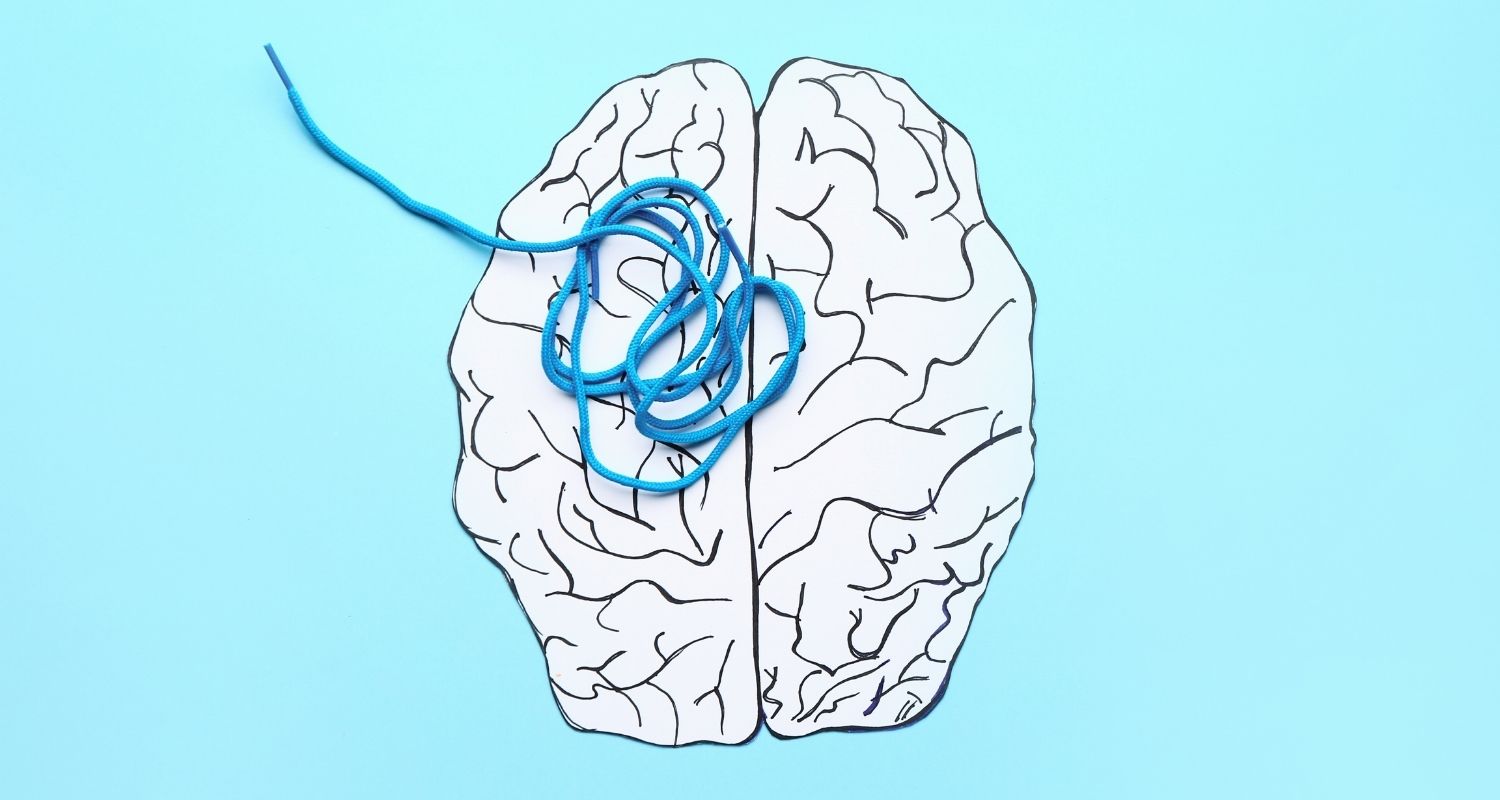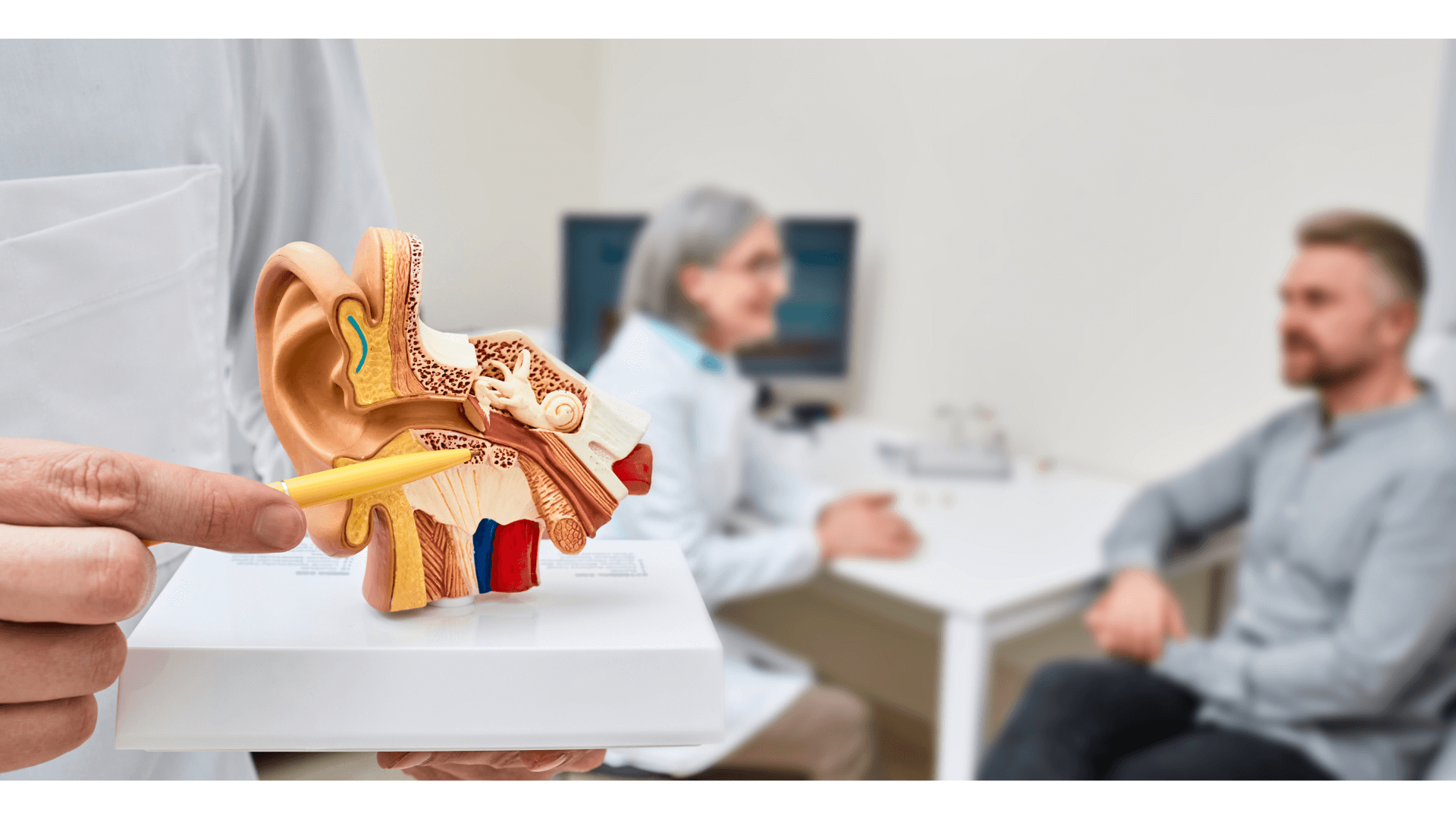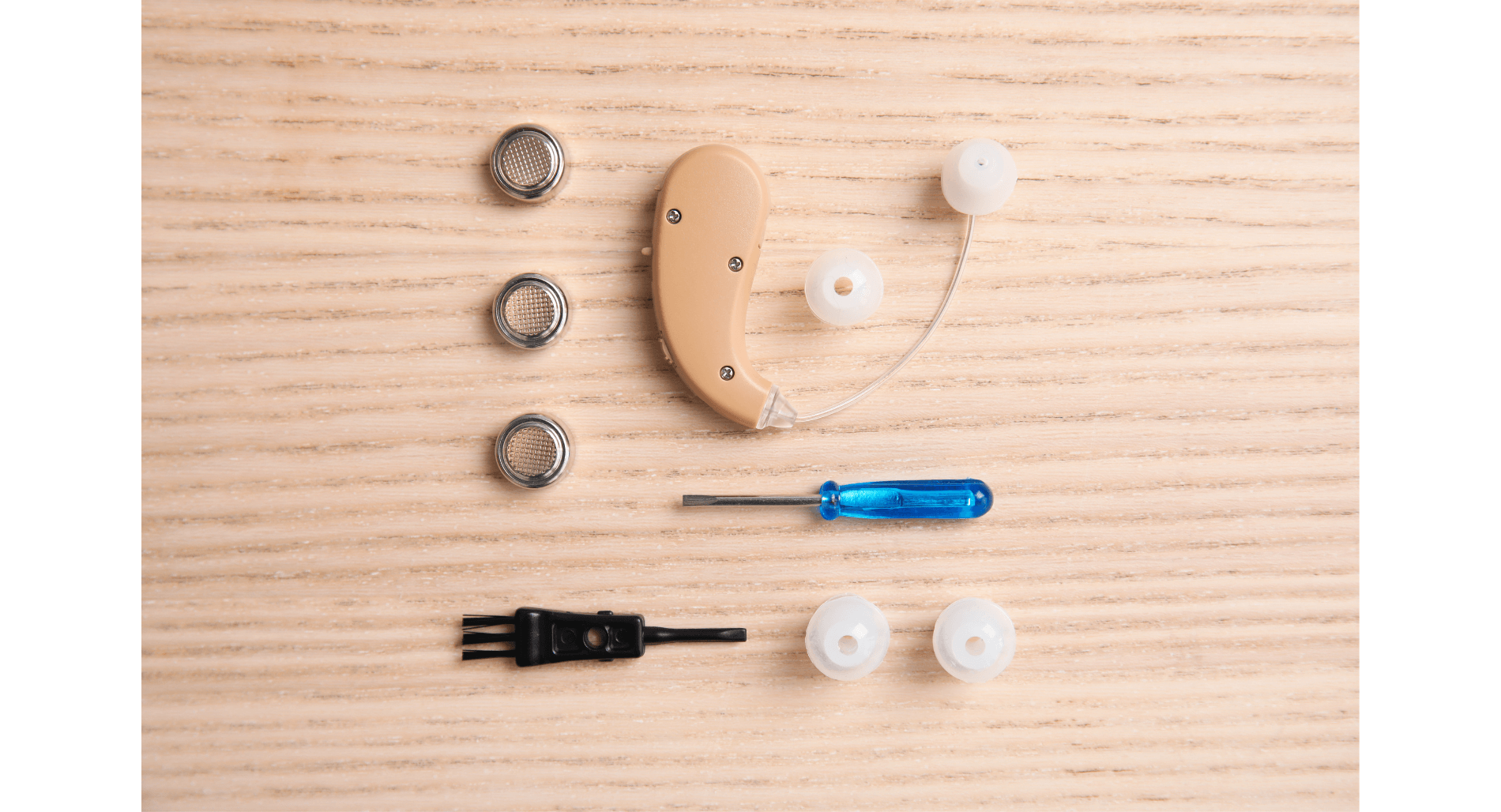
Do you suspect you have a hearing loss? Are you finding yourself struggling to hear on over the phone and asking people to repeat themselves more often than not? Hearing loss is more serious than most people first suspect. More than a hearing issue, it’s a communication barrier which has far reaching negative effects. What starts as simple misunderstandings quickly devolves into rifts in important relationships, a loss of earnings at work, chronic depression, anxiety, and social isolation. In addition, the effects on the brain due to hearing loss put people at a much higher risk for cognitive decline leading to a greater chance of Alzheimer’s and other forms dementia.
Treating Hearing Loss
Most cases of hearing loss are sensorineural in nature. Sensorineural hearing loss occurs when the tiny hair-like cells of the inner ear which send sound to the brain become damaged, inhibiting the delivery of audio information to the brain. While there is no cure for sensorineural hearing loss, hearing aids are a successful treatment to address the accompanying symptoms. Hearing aids can help you follow conversations, enjoy social events, and generally enhance your confidence. This can allow you to try new things, go more places and further stimulate your brain. Wearing hearing aids consistently has been shown to improve cognitive abilities, enhancing memory and improving focus and concentration.
New Study Sheds Light on the Role of Hearing Aids
Now a new study published in February 2021 illuminates the benefits hearing aids offer in reducing the risk of dementia and slowing symptoms. Published in the Alzheimer’s & Dementia: Translational Research & Clinical Interventions journal on behalf of the Alzheimer’s Association, British researchers collected data from over 2,100 older adults with dementia between 2005 and 2018. From the data, researchers were able to gather a few key points: They found that it was common for older adults to have both hearing loss and dementia, however, they found that consistent hearing aid use lowered the risk of dementia significantly. In addition, they found that wearing hearing aids slows cognitive decline which could pave the way for dementia.
The Risks of Untreated Hearing Loss
Communication is important to every aspect of your life and seeking treatment is important for not only your hearing but your overall health.
Social risks of untreated hearing loss: Being social is more important than many of us realize. The Centers for Disease Control and Prevention (CDC) report that social isolation was associated with about a 50% percent increased risk of dementia. When hearing loss starts to impede your social capabilities your it becomes a serious issue, however with treatment, the risk is mitigated by as much as 50%.
Emotional risks of untreated hearing loss: As hearing loss develops gradually our closes relationships are affected, from family, friends, co-workers, employers, and romantic partnerships. Generally regarded in western culture as the center of emotional support our significant others often become just as isolated due to a hearing loss as the person with the actually loss. The sooner you address a loss the sooner you can start to heal rifts and begin to rebuild intimacy.
Physical risks of untreated hearing loss: Hearing loss not only helps us communicate but helps us to be aware of the world around us. As our hearing declines its common for people to be more prone to falls and other accidents due to a lowered response time to outside audio stimuli. Hearing aids become an important safety issue as well as important for your mental and emotional health.
Treating Hearing Loss and Reducing the Risk of Dementia
This recent 2021 study illuminates the importance of treating hearing loss in the fight against dementia. While there is no cure to hearing loss or dementia, treating hearing loss is important for cognitive health and the prevention of dementia. Don’t mistake hearing loss as only a hearing issue any longer. Taking action around your hearing now can help you protect the integrity of your memories, the things you love to do with the people who bring you joy and a part of something larger than yourself. Treat hearing loss for you and for your loved ones. The sooner you get started the better. Schedule a hearing exam with us today!

A Comprehensive Look at Conductive Hearing Loss
Matthew Favinger, M.S., F-AAA

Why Your Ears Hurt
Matthew Favinger, M.S., F-AAA

